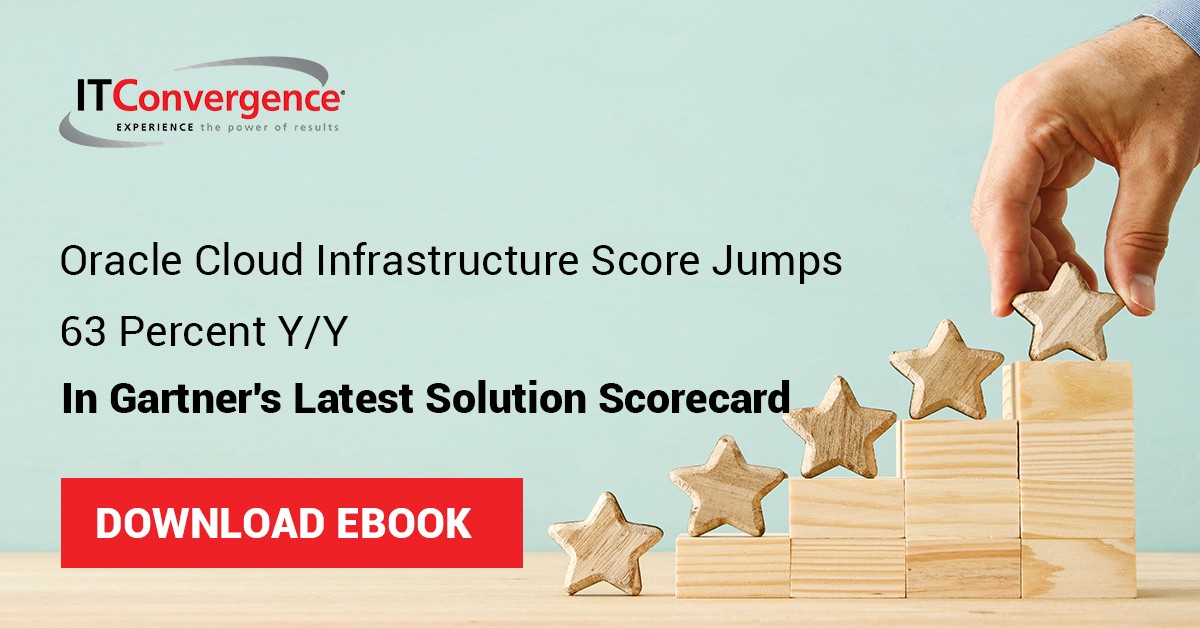According to a latest report by Gartner, 40% of CEOs list company’s growth as their top priority. But digital technology— or the lack of it — remains a significant obstruction to it.
Digital Transformation has been perhaps the most discussed topic in business for a couple of years now. It rightly brings the promise to transform the future of business, of society, the way we live, work, interact etc.
According to IDC, direct spending on Digital Transformation between 2020-2023 is predicted to reach $7.4 trillion. To succeed in this digital economy, global enterprises are quick to incorporate new KPIs focused on product/service innovations, capitalization of data and analytics, and targeting to deliver superior customer experience.
While the value of Digital Transformation is unquestionable, the bigger question that surfaces often, is whether or not these investments are delivering returns? Are digital strategies resulting into enhanced customer experience and customer engagement? What technologies should be considered to ensure the above 2 questions are achieved.
Role of Cloud in Digital Transformation
Cloud is the foundation for this new agile business world. It’s the platform for enabling agile application development. Cloud-based infrastructure is key to delivering flexible, on-demand access to the resources underpinning these new digital business offerings. To achieve faster returns, enhanced customer experience and customer engagement, cloud capabilities for digital transformation cannot be overlooked. Cloud allows organizations to scale infrastructure as needed to support changing business priorities, while reducing the risks of wasted IT resources that inhibited past investments in new digital services.
Oracle Cloud for Digital Transformation
Hybrid environments are becoming more complex high-stake projects, consequently testing an organization’s cloud strategy. Oracle has been answering to the difficult questions by critics and competition with great innovation, aggressive price-performance, advanced unmatched security and its geographic expansion, with its Oracle Cloud Infrastructure (OCI) offering.
Gartner also now recognizes these changes in Oracle Cloud Infrastructure (OCI) in its latest report and also highlights, that between 2019 and 2020 Oracle has demonstrated impressive improvements in both the IaaS and PaaS capabilities of OCI, crossing a critical threshold in 2020.
Consequently, Gartner now recommends that cloud architects consider OCI not only for Oracle workloads, but also for use cases centered on bare-metal servers, high-performance computing needs or high-performance networking needs, and adoption of OCI outside of the context of other Oracle technologies should be considered. Download the eBook to get these detailed insights
Based on this Gartner research, in this Ebook you’ll learn about:
- Gartner’s Reflection on Impressive improvements of OCI capabilities
- Gartner’s advice to clients: engage accredited Oracle expert service provider to optimize strategy, architecture, cost, migrations, and management of OCI
How to Leverage Oracle Cloud Managed Services Partner for Success
Oracle Managed Service Expertise (MSE) officially recognizes IT Convergence’s expertise to build, deploy, run, and manage Oracle and non-Oracle workloads on Oracle Cloud Platform. We can not only architect OCI for our clients but work with Oracle on their behalf to provide the most value for their purchase – all under a single contract.

Gartner recommends to rely on the expertise of a third-party Oracle managed service provider to fully understand all of the addressable responsibilities and capabilities of both the client organization and Oracle, guaranteeing continuity and security of their environments running on OCI.
This may mean that services such as monitoring, backup, security, identity management, database and middleware administration, as well as incident and problem management, should be outsourced to a suitable CSP/MSP/SI. Clients should have their managed service provider contracted to proactively audit application usage to ensure continuous license compliance as part of their agreement.
These insights in this eBook will help IT Leaders, Decision makers, Technology assessors & Technology procurement teams with enough reasons to consider Oracle in their next Public cloud decision.

